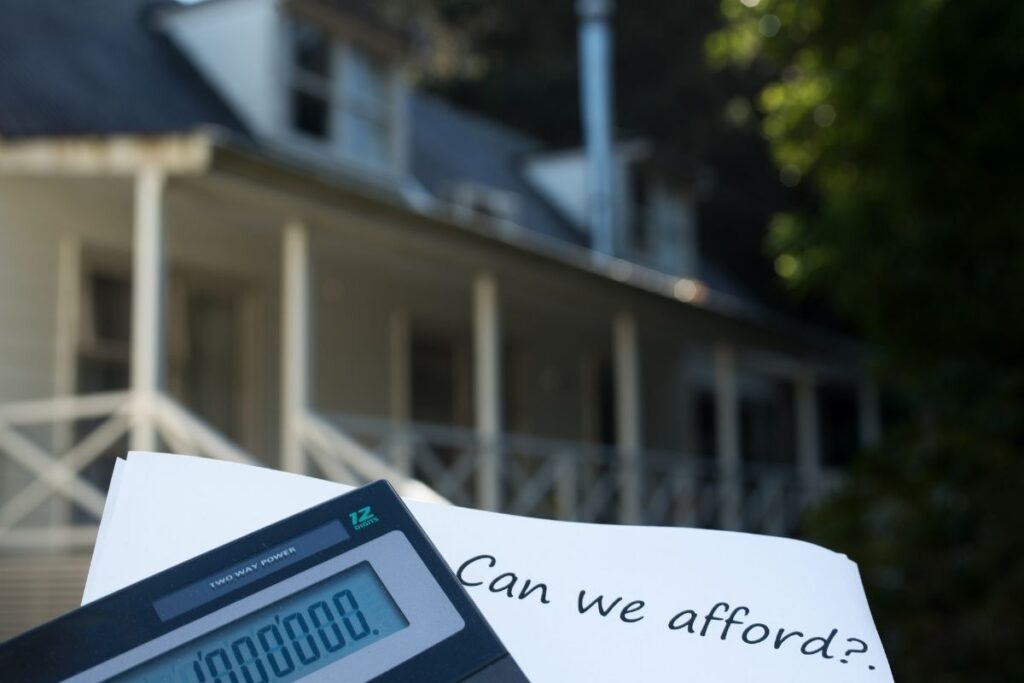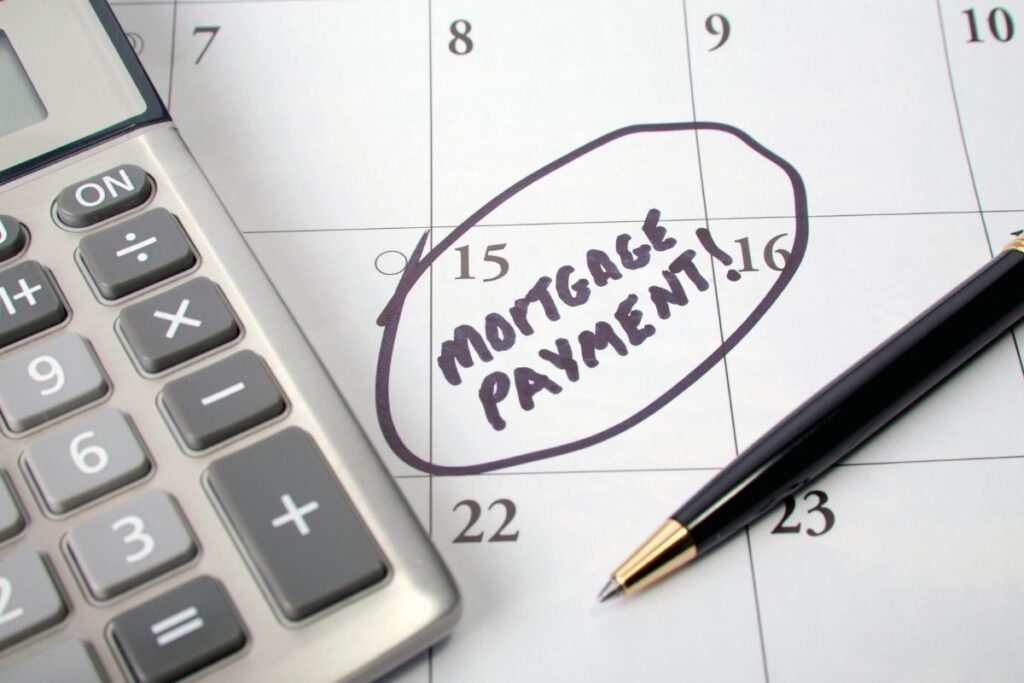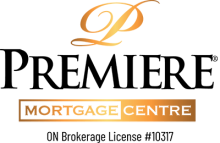Recently you may have heard that variable rates may increase sooner than anticipated due to inflation. The central bank has hinted that the first rate hike could now happen in the Spring of 2022. Raising interest rates makes it more expensive to borrow, and typically cools off economic activity and price increase, thus taming inflation.

So what does this mean for your variable rate mortgage?
When the Bank of Canada adjusts its key interest rate, your variable rate mortgage will also adjust. For most, this means their mortgage payment will either go up or down. For some lenders however the payment will remain static, and the amount of the monthly payment that goes to principal and interest will adjust.
How much will my mortgage payments change by?
Typically, the Bank of Canada will only adjust the key interest rate by 0.25% at a time. Interest rates, or mortgage payments won’t “double overnight” as is the fear for some. The exception here was at the start of COVID, when we saw a steep decrease of 1.50% in a very short time frame.

How often can this happen?
There are 8 dates throughout the year when the Bank of Canada makes interest rate announcements. This means theoretically in 1 year the maximum your variable rate mortgage could change by would be 2%.
With the above then said, should you be thinking about locking in your variable now? Before you make a hasty decision, consider the following:
Why did you take the variable in the first place?
Firstly, the rates are lower, and always tracks with current market rates. Historically, variable rate mortgages come out on top of fixed rates, and it is hard to not only think “What if rates go up?”
However, when you look at stats, approximately 60% of Canadians will break their mortgage around the 36 month mark, meaning they want to make some sort of a change to their mortgage at this point. You’re in a contract with your lender, so when you break your mortgage, you’ll pay a penalty to do so. When you break a fixed rate mortgage, typically this penalty will be a calculation called the “Interest Rate Differential” which more often than not works out in the favour of your lender, and not yourself.
People never think they’ll break their mortgages, “I just want to live in my house, and I’m really happy” but ultimately the majority do for a whole host of reasons:
-
You want a lower rate or payment, so refinance to get it
-
You want to do renovations, and your house has appreciated in value, so where can I get the cheapest money to do this? My house!
-
You’ve accumulated higher interest consumer debt you want to eliminate
-
You get married – 2 people, with 2 homes and 2 mortgages want a family home: Someone will pay a penalty to break a mortgage.
-
You get separated – it likely took 2 of you to qualify for your current mortgage, but one person alone may not be able to qualify for the mortgage on only their income, especially with potential liabilities like alimony and child support.
-
You sell your house and want to port (take your mortgage to your next house) but can’t. Why can’t you? Unfortunately, just because a mortgage is portable it doesn’t mean every property fits the criteria for every lender. When porting a mortgage, a lender will also re-qualify you for the mortgage, and again, you may not then qualify because of a major life change such as a new job, becoming self-employed, increased debt, etc.
-
You want to use your house to start a business or cover debts of an existing failing business, without having to sell your home.
The above could all be reasons why you end up paying a penalty to break your mortgage. If you have to break a variable rate mortgage, then the penalty is limited to 3 months of simple interest, and not the Interest Rate Differential. To estimate what this may cost you, to break a variable rate mortgage the
penalty would be around 0.5% of your mortgage balance. To break a fixed rate, around 4%.
A $400,000 mortgage
Penalty
FIXED RATE
$16,000
VARIABLE RATE
$2,000
** For the fixed rate, you can’t pin down the exact cost, as it all depends at what point in time you break your mortgage, the rates at that time, and the rate you originally got on your mortgage.
You will hear some lenders tell you that they don’t charge a penalty for you to break a fixed rate mortgage. However what they do is offer you a rate higher than their best market rates, and then blend the penalty into the rate, thus meaning you pay it anyway. Or they’ll offer you “cash back” for the penalty, which if you then break the mortgage within the term, they will claw back.

How can I mitigate some risk of a variable mortgage?
What I suggest my clients do is pay their variable rate mortgage like it’s a fixed rate. Because variable rates are lower than fixed, you’ll pay less interest, and your monthly payment will be lower. You then utilize your prepayment privileges and set up a monthly voluntarily over-payment of your mortgage.
Assume you have a mortgage for $400,000, amortized over 25 years.
A variable at Prime minus 1.00% would mean your rate is 1.45%, and therefore a monthly payment of $1,590 - $1,108 going to mortgage principal and $482 to interest.
A fixed at 2.39% would have a monthly payment of $1,770 - $977 of this going to mortgage principal and $793 to interest.
What you would then do is set up an additional monthly withdrawal of $180 to pay your variable like it’s a fixed.
Assuming you followed this rule for the lifetime of your mortgage, and there were no rate changes, you would pay off your mortgage 3 years and 7 months sooner. If the prime rate did increase, then the over-payment helps ease some of the potential additional cost to yourself as you’re already getting yourself ahead.
Tim Ward, Collingwood Mortgage Broker.
Let Me Help
Ultimately, the best decision is the decision that is right for you. If you’re going lose sleep over the potential for your mortgage payment to increase, then maybe a fixed is right for you. But don’t forget, if you think you might want to make a change in the term of your mortgage, as the majority of us do, you could be penalized heavily by wanting to break a fixed rate mortgage.
Variables rates don’t only go up; they may go up, then come back down; they may go up, then sit flat for a long period of time. Who is to say when another event such as COVID may come along again keeping us in a low rate environment.
Your life is variable, so shouldn’t your mortgage be too?









